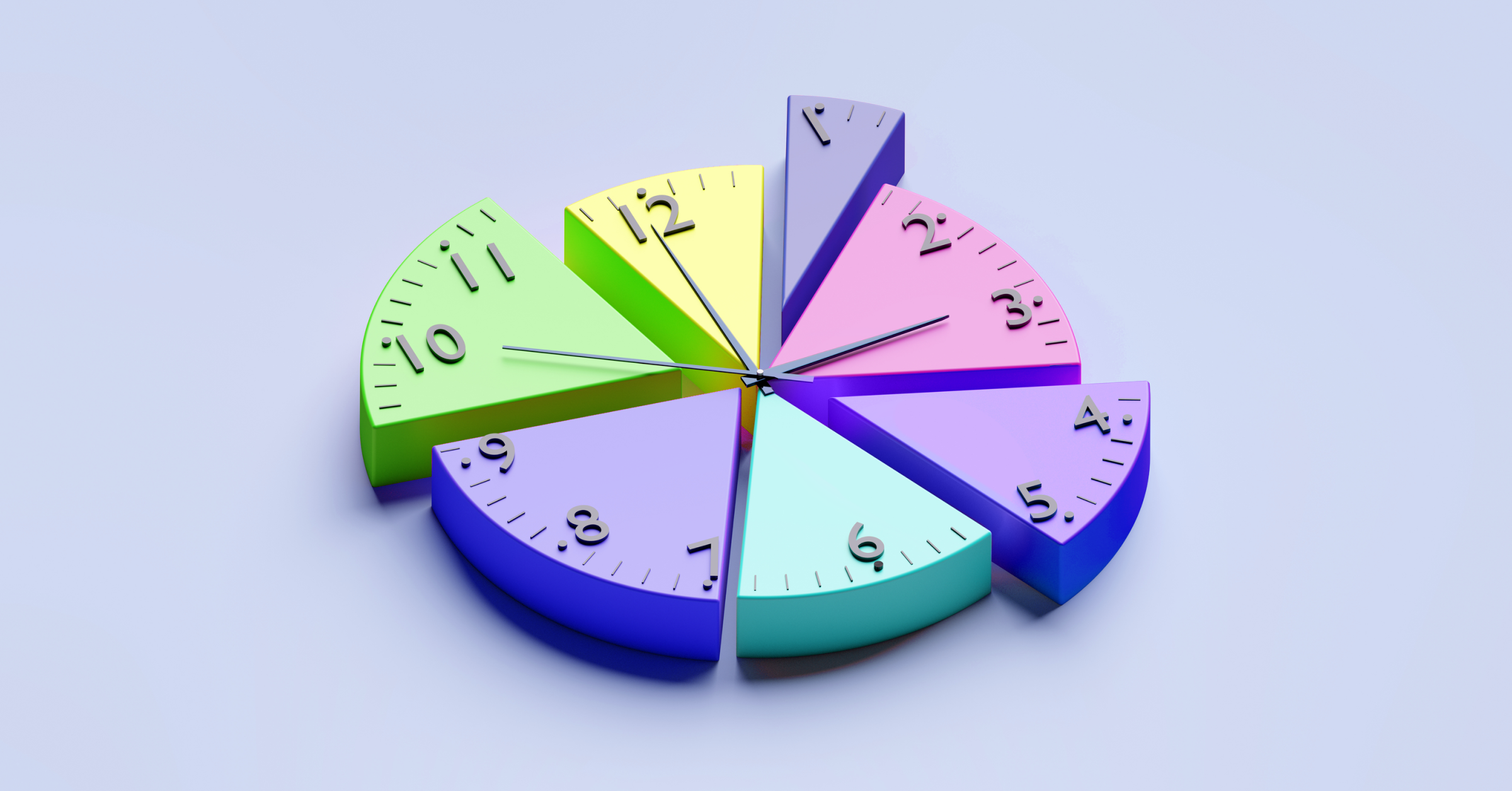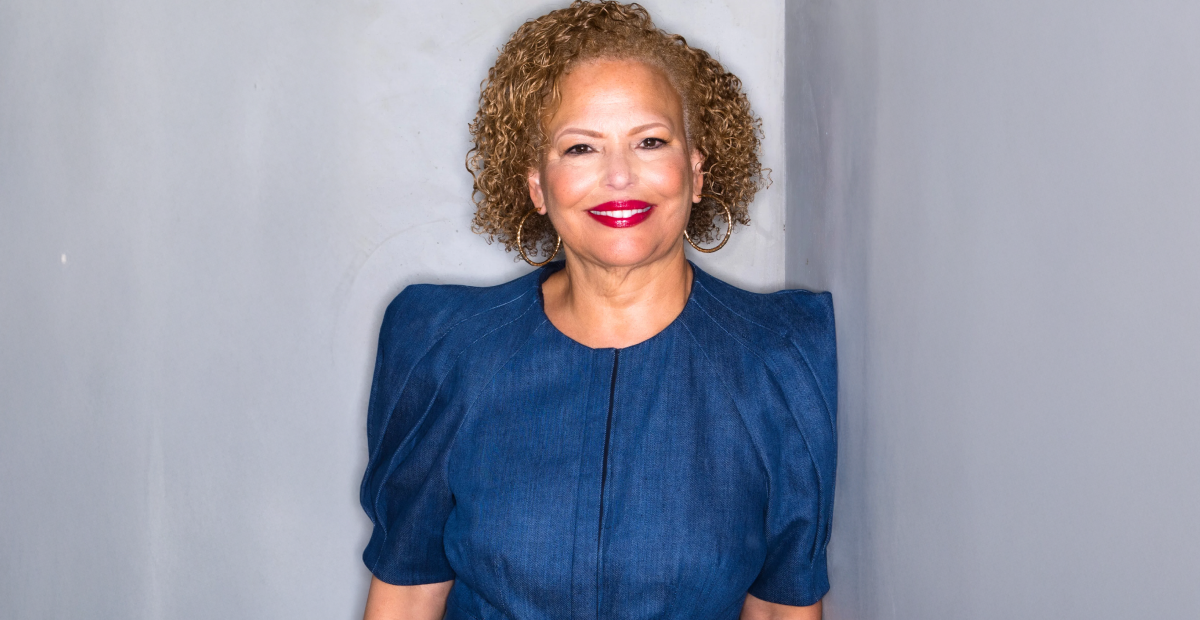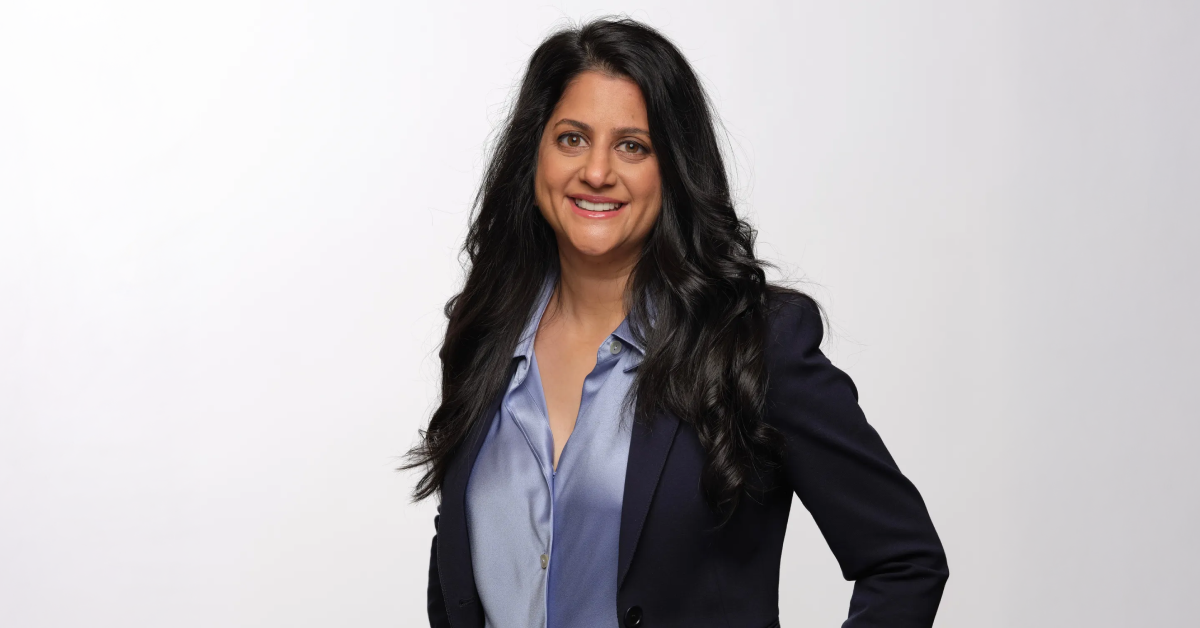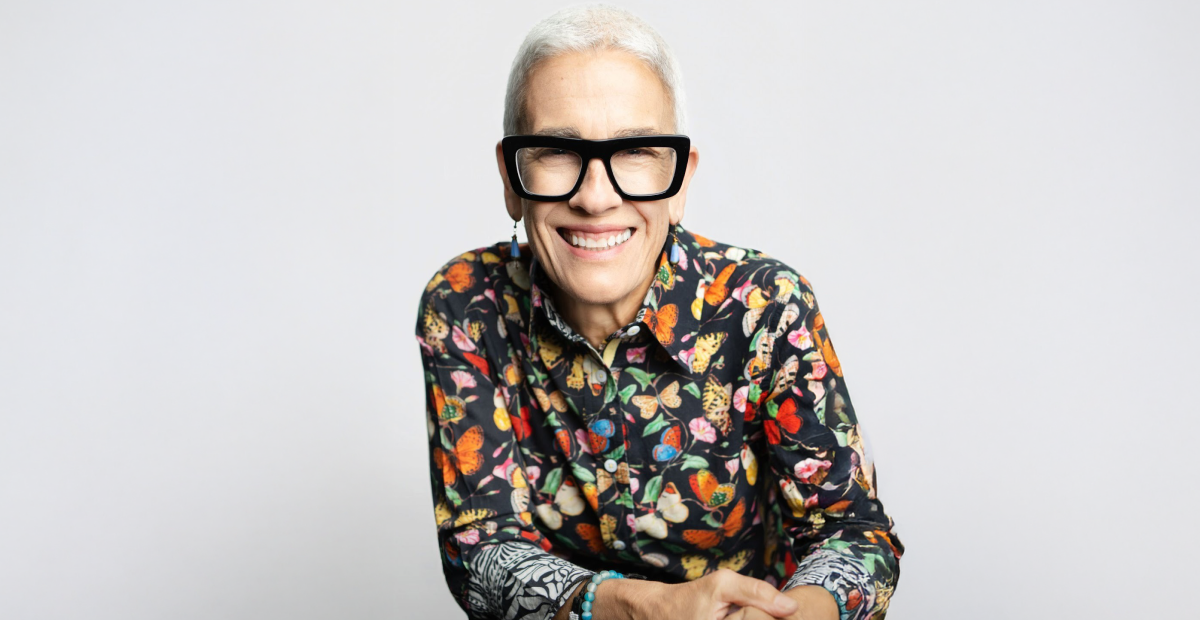From the advent of artificial intelligence to constant shifts in workplace norms, it’s a confusing moment to be a corporate leader. Keeping up with these rapid changes takes time — time that inevitably cuts into other obligations. Nearly half of C-Suite leaders said “balancing career and personal life” will be a top personal challenge this year in Chief’s New Era of Leadership survey.
Claudia Chan is familiar with the concept. The founder of S.H.E. Globl Media, which helps Fortune 1000 companies accelerate their diversity initiatives with the goal of achieving gender parity by 2030, Chan has coached hundreds of women leaders at global companies, encouraging them to fight burnout by finding their true passion. In an exclusive excerpt from her book, This Is How We Rise: Reach Your Highest Potential, Empower Women, Lead Change in the World, Chan describes her own struggles to live with purpose — and why the right kind of productivity is necessary for staying focused on what truly matters. — Audrey Goodson Kingo
Time and energy are our greatest commodities — and also why so many people opt out of leading change for the greater good. There are only so many hours in the day that you can devote to personal and professional responsibilities. This is why having a strategic and proactive approach to your productivity, or what I call a strategic productivity plan, is so important because how far you make it up your life’s mountain — how much life potential and purpose you realize in your lifetime — is the output of where you invest your time and energy.
When things get busier in life, humans tend to become reactive instead of proactive. Because people get sucked into being busy with activities coming at them from every side, they lose sight of whether these activities are even aligned with what’s truly important. So how do you direct your productivity for maximum impact?
Invest in What Really Matters
During the summer of 2016, I got hit hard with overwhelming anxiety that felt both paralyzing and overpowering.
I was pregnant with my second child, my company was tracking to triple its revenues, and I had just confirmed a book deal. At the same time I was a new parent navigating the various stages of infant to toddlerhood; racked with the guilt of not doing more for my sick father with stage 4 liver cancer; managing an increasingly stressful relationship with my mother; juggling leadership responsibilities for my team, company, and clients; keeping the house in order and fridge stocked; training our au pair who had just arrived from China; keeping up with my inbox and social circles; and to top it all off, my husband and I had become very combative in trying to manage it all and started counseling.
I got on the phone with one of my advisers, Rha Goddess, and shared my panic. She said to me, “Claudia, it’s not about investing in having it all; it’s about investing in what really matters. I want you to step back and think about what really matters to you.”
Something inside my heart clicked when she said those three words: what really matters.
In order to be productive, we must seize the reins of our rampant check boxes, step back, and define what matters most to us right now and for our futures.
It’s important to first look at all the meaningful roles you play in your current stage of life. Writing them down will help you see what makes up your whole identity and life. Order them in the priority of what’s most important, and start identifying your goals and responsibilities under each category. By doing this, you will define what productivity means to you and determine what is most deserving of your time and energy.
Once you’ve defined your priorities, your job will be to start subtracting, eliminating, and declining the less important things and putting your precious resources toward what holds the greatest significance. Doing this will be so freeing because you can concentrate on a few essential things and do them well versus spreading yourself too thin.
A great way to protect your time is to constantly evaluate the return on investment (ROI) that you’re getting with any one task or project. Take stock of what’s consuming your days and weeks. What people, projects, and opportunities are you currently invested in? How much time do you waste scrolling through your Facebook feed? Are you taking meetings or calls that really aren’t necessary? Do household tasks like cleaning or cooking cut into your at-home time when you could easily hire someone to do them for you? Are you always saying yes to friends’ social invitations even when you know you need that time to recharge your energy?
Most importantly, is the time and energy you expend on any one activity today going to yield results that propel you toward your purpose?
Rely on Your Heart, Mind, and Body to Identify Your Priorities
One way I learned how to reflect on the things that matter is a framework I learned from Anusara yoga, which is rooted in three areas.
• Heart. The first question to always ask is, What do I really want? The answer needs to be rooted in your heart and not your mind. What you love, what lights you up and invigorates you comes from the heart, not the head. Beware: Clarity on your authentic purpose, vision, and desires can come only from a place of positivity and fullness. So if you’re feeling very depleted and exhausted, invest time in something that creates positivity for you — travel, yoga, writing, art, or reading, for example.
• Mind. Once your heart has determined what you want, you can now rely on your mind to lay out the strategic plan for getting it (timelines, projects plans, resources, targets, etc.).
• Body. Now that you clearly know what matters and how you will achieve it, it is time for your body to execute the plan. What are your morning and daily rituals? What foods do you need to eat, and what activities do you need to start to keep you mentally sharp and energetic? Where are you doing your work?
Together, your heart, mind, and body are the engine that pushes you up the mountain and enables you to rise to your highest potential over the course of a lifetime, which means that your productivity and the many people empowered by your contribution depend on you being fresh, present, and in healthy shape.
It takes conscious work every day to harness your time and energy toward your most important goals, but often we are too hard on ourselves. We feel guilty when we feel we haven’t worked hard enough, achieved enough, or taken enough Instagram-worthy pictures to show off our fabulous lives. Instead of focusing on the things you didn’t get done today, take a moment to celebrate all the things you did. If you’ve identified your purpose and are pursuing it, remember: you’re exactly where you’re supposed to be.



